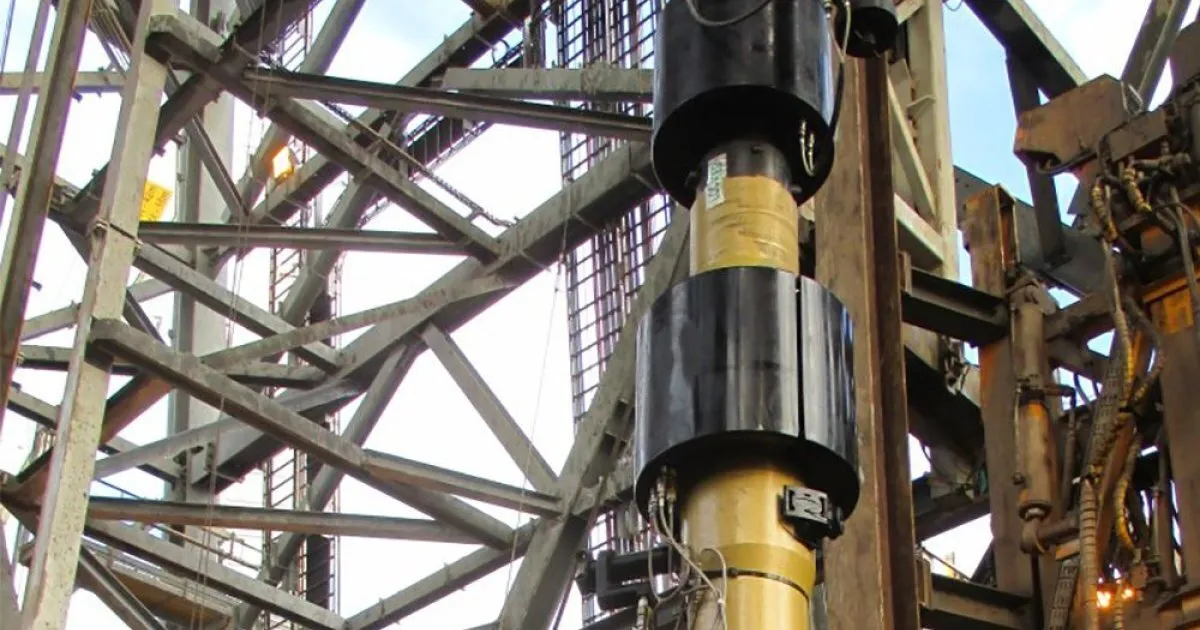Iranian Company Manufactures Oil Well Cement Testing Equipment

“This device specifically measures and informs the thickening time of cement in the oil well,” Amin Karimi, the managing-director of the knowledge-based company, told ANA.
“The formulation of oil well cement is different from the cement used in construction. The most important parameter of the oil well cement is the calculation of its thickening time,” he added.
Noting that the measuring device is widely used in oil well drilling operations, Karimi said, “In the last stage of oil well drilling, the thickened cement is injected into the wall and around the well for more strength.”
“Before starting the drilling operation, the primary cement that is going to be injected into the well is measured by the potentiometer of this device, and the precise information of oil well cement measurement is transferred to the user through the software that is connected to the torque of the electronic device,” he added.
A senior Iranian industrial official announced in February that production of cement in the country had shown a 12% growth in the first nine months of the current Persian calendar year (ending on March 19, 2024) compared to the same period last year.
“Despite the fact that we expected to face a decrease in production this summer due to restrictions on energy supply, fortunately, cooperation of the energy ministry paved the ground for us to achieve a 12% increase in cement production,” said Hamid Farmani, the head of the Cement Industry Association.
Also, another Iranian industrial official said that Iran exported 10.5 million tons of cement to 25 countries, including Iraq, Kuwait, Afghanistan, Pakistan, and Syria, in the past 9 months.
Ali Akbar Alvandian, the secretary of Iran's Cement Industry Producers Association, said that cement exports from Iran had reached 13 million tons in the past Iranian calendar year (ended on March 20, 2023), adding that 60 million tons of cement had been consumed inside the country in the same period.
He added that cement production in Iran rose in the nine months to late November thanks to better supply of electricity and fuels to manufacturers, adding that the situation could further improve in the coming years.
Iran produces some 90 million tons of cement per year, Alvandian said, adding that production capacity is expected to increase by 8.8 million tons in the coming years by launching 13 ongoing projects.
4155/v





















